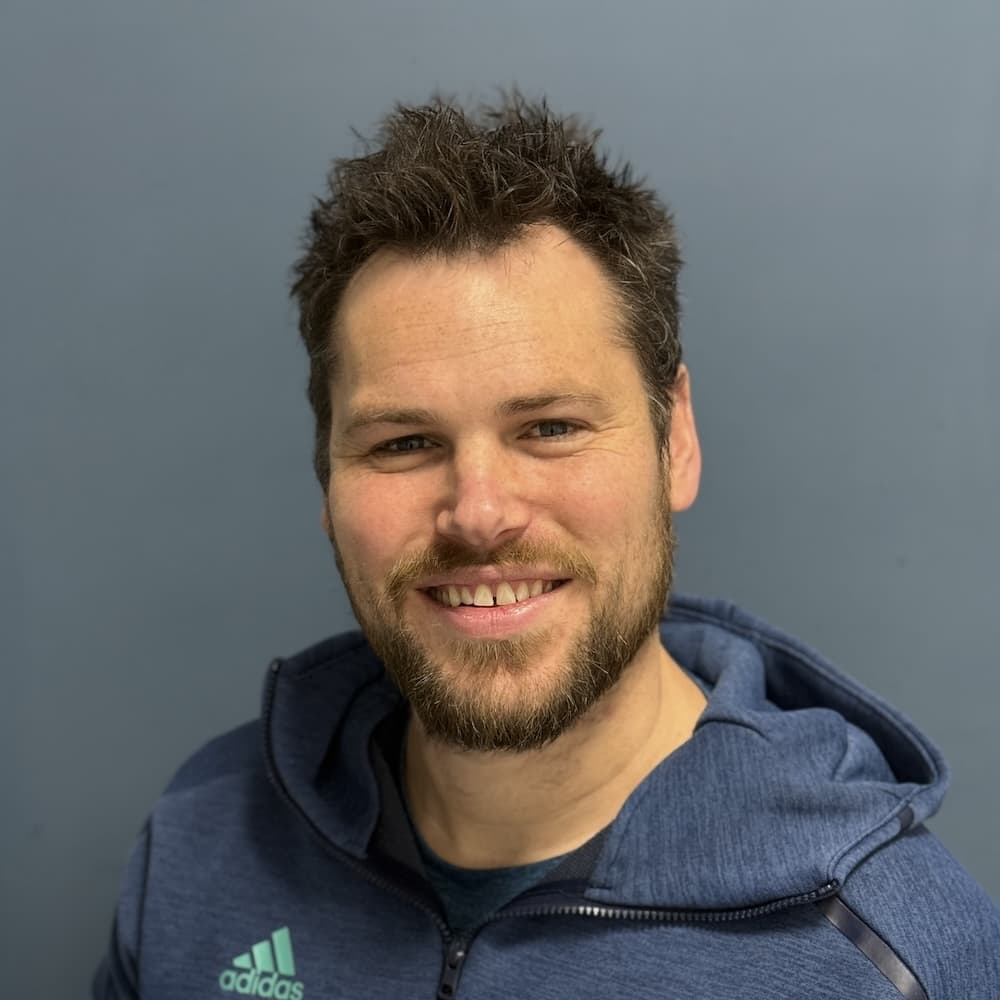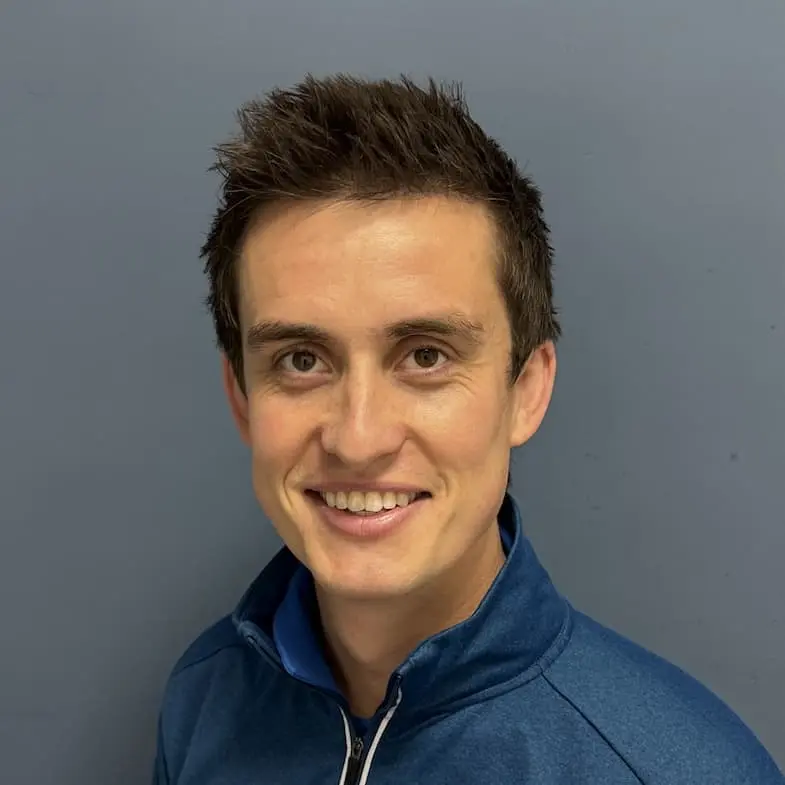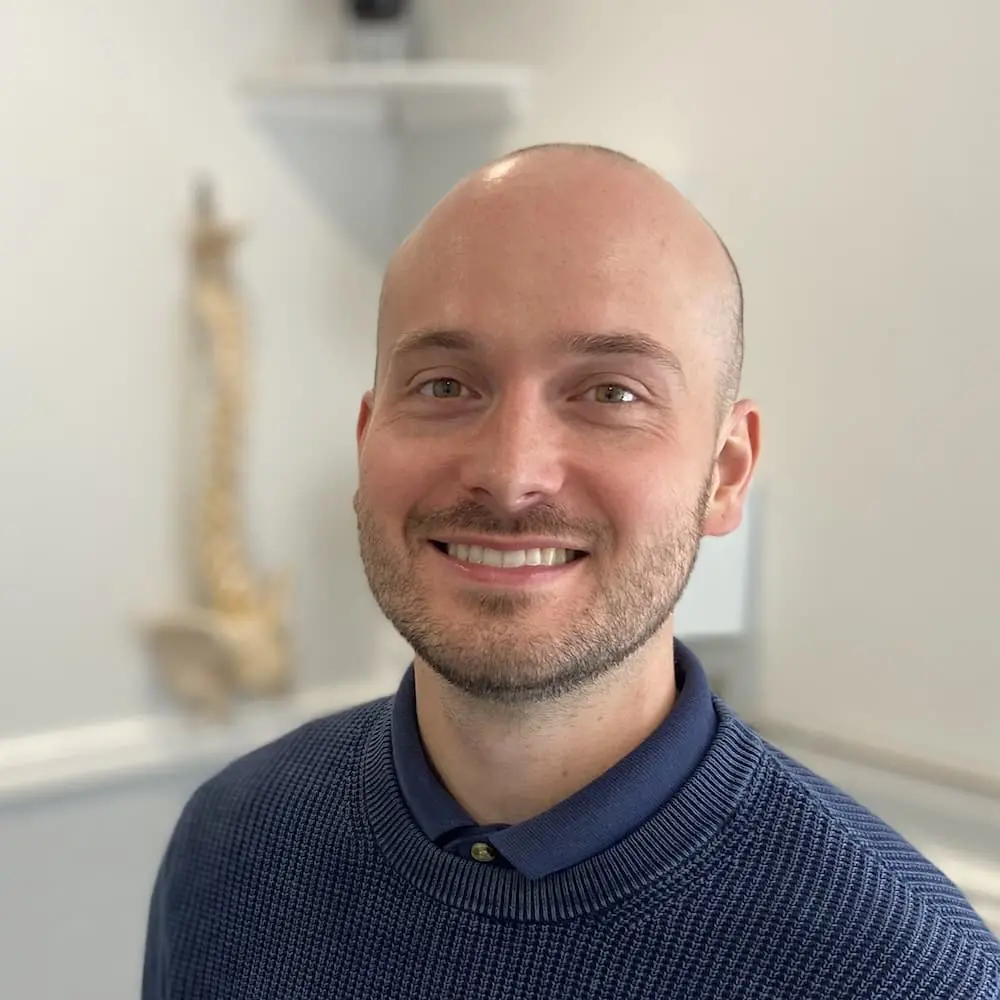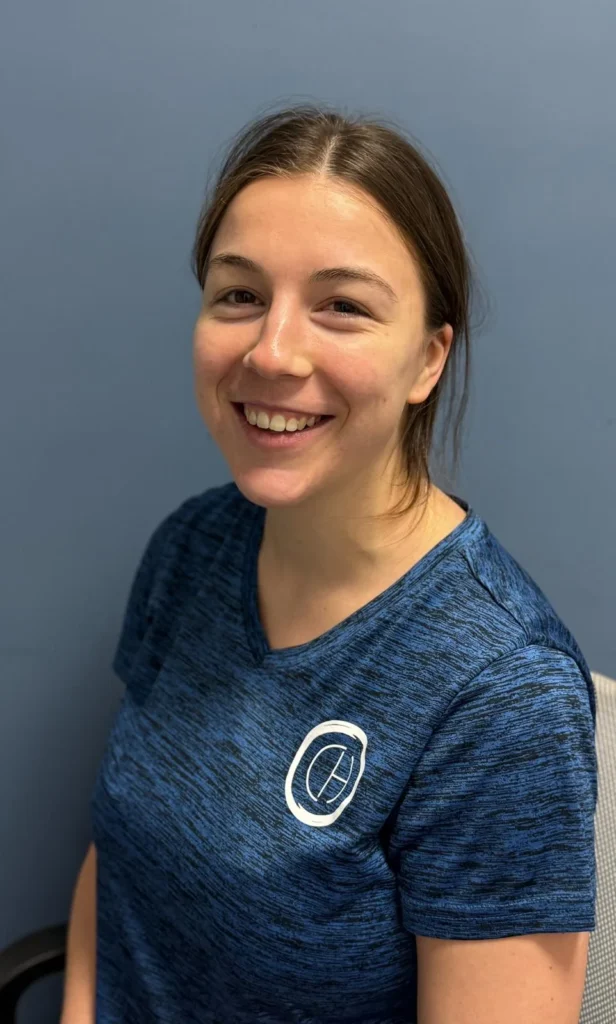Golfers Elbow
Golfers Elbow
Golfer’s elbow, or medial epicondylitis, is a clinical condition characterised by pain and tenderness at the medial epicondyle of the elbow, commonly resulting from overuse or repetitive strain on the flexor-pronator muscle group of the forearm; it’s frequently associated with activities requiring repeated wrist bending, or forceful gripping.
What conditions are associated with golfers elbow?
Golfer’s elbow (medial epicondylitis) is a condition associated with pain in the tendons that connect the forearm muscles to the inside of the elbow. It may be related to or occur in conjunction with other conditions:
- Tennis Elbow (Lateral Epicondylitis): Similar to golfer’s elbow, but affects the tendons on the outside of the elbow.
- Carpal Tunnel Syndrome: Both conditions may stem from repetitive hand and wrist movements.
- Cubital Tunnel Syndrome: Compression or irritation of the ulnar nerve near the elbow can be related to similar repetitive movements.
- Ulnar Collateral Ligament Injury: The ulnar collateral ligament is close to the area affected by golfer’s elbow and can sometimes be involved.
- Neck or Shoulder Problems: These issues can sometimes lead to symptoms in the arm that mimic golfer’s elbow.
- Arthritis: Osteoarthritis or rheumatoid arthritis in the elbow joint may exacerbate or be exacerbated by golfer’s elbow.
- Nerve Entrapment: Compression or entrapment of the nerves near the elbow can sometimes coexist with or be confused with golfer’s elbow.
- Occupational Injuries: People in certain professions that require repetitive arm or wrist movements are at higher risk for golfer’s elbow and related conditions.
- Tendinopathy: Chronic tendinopathy in other parts of the body might indicate a predisposition to golfer’s elbow.
What are the symptoms of golfers elbow?
The symptoms of golfer’s elbow, or medial epicondylitis, are primarily localised to the inside of the elbow and may include:
- Pain and Tenderness: Pain usually concentrates on the inside of the elbow and can radiate down the forearm, particularly during wrist movements or gripping activities.
- Stiffness: Stiffness in the elbow, especially upon waking or after periods of inactivity.
- Weakness: Weakness in the forearm and hand may affect daily tasks like lifting objects or gripping tools.
- Numbness or Tingling: In some cases, tingling or numbness in the fingers, particularly the ring and little fingers, may be felt.
- Swelling: Although less common, swelling or inflammation in the area may occur.
What causes golfers elbow?
Golfer’s elbow, or medial epicondylitis, is typically caused by overuse or repetitive strain on the tendons and muscles that control wrist and finger movement. The main causes include:
- Repetitive Activities: Actions that involve frequent and forceful wrist flexion, gripping, or pronation can lead to small tears and inflammation in the tendons.
- Improper Technique or Equipment: In sports like golf or in occupations requiring specific hand and wrist movements, improper techniques or ill-fitted equipment can contribute to the condition.
- Sudden Increase in Activity: Jumping into an intense level of activity without proper conditioning or warm-up can strain the tendons.
- Occupations Requiring Repetitive Movement: Jobs involving frequent wrist and hand movements, such as assembly line work, carpentry, painting, and typing, can increase the risk.
- Certain Sports: Besides golf, other sports like tennis, baseball, and weightlifting, where repetitive wrist movements are common, can contribute to golfer’s elbow.
- Age and Degeneration: The tendons may weaken with age, and wear and tear can make them more susceptible to injury.
- Underlying Health Conditions: Conditions like rheumatoid arthritis or nerve entrapment might predispose someone to develop golfer’s elbow.
- Trauma: Rarely, a direct blow or sudden force to the area can cause golfer’s elbow.
What is the best treatment for golfers elbow?
Evidence-based treatment for golfer’s elbow, or medial epicondylitis, often involves a multifaceted approach that is tailored to the severity and cause of the individual’s condition. Treatment typically includes:
- Relative Rest: Avoiding activities that aggravate the condition
- Physiotherapy: Targeted exercises and stretches, guided by a physiotherapist, can strengthen the affected muscles and tendons and promote flexibility, aiding in recovery and preventing recurrence.
- Pain Management: Over-the-counter pain relievers like ibuprofen or naproxen can help alleviate pain and reduce inflammation.
- Bracing: Wearing a counterforce brace or strap can reduce strain on the tendons, providing support and aiding in healing.
- Corticosteroid Injections: In some cases, corticosteroid injections may be used to reduce severe inflammation. The effectiveness of this treatment can vary, and it is generally considered for short-term relief.
- Surgical Intervention: If conservative treatments fail to provide relief after an extended period (usually several months), surgery to remove damaged tissue and repair the tendons may be considered. Surgery is generally reserved for chronic, severe cases.
- Patient Education: Teaching patients proper techniques, ergonomic principles, and self-care strategies is crucial in preventing recurrence and promoting long-term recovery.
A healthcare provider specialising in musculoskeletal conditions, such as an orthopaedic surgeon or a sports medicine specialist, will usually determine the best treatment plan. This plan is often individualised based on the specific needs and lifestyle of the patient, and a combination of these strategies is frequently the most effective approach. The evidence supports conservative measures initially, with surgical options considered if other methods prove unsuccessful.
Who should I see to fix golfers elbow?
A physiotherapist is best place to help you fix golfers elbow. They will be able to aid recovery through an exercise program and get you back to your hobbies and sports.
Is exercise good for golfers elbow?
Yes, exercise can be beneficial for golfer’s elbow when done correctly. Targeted strengthening exercises, designed by a physiotherapist, help rehabilitate the affected muscles and tendons, improve flexibility, and prevent recurrence.
Will I need surgery for golfers elbow?
Surgery for golfer’s elbow is typically considered a last resort and is only pursued if conservative treatments like modified activity and physiotherapy fail to provide relief after several months.
Chews Health Top Tip for golfers elbow
Our Specialists
Posted onTrustindex verifies that the original source of the review is Google. Tennis elbow pain issue resolved in 3 physio - therapy sessions with Richard Saxton. Back to Badminton and Cricket as normal. Many thanksPosted onTrustindex verifies that the original source of the review is Google. I was referred to Chews Health for shockwave therapy for long term IT Band syndrome. Jon Shurr was excellent at talking me the through the process, setting my expectations and listening to my concerns. I just expected to receive the intervention with Jon but what I actually got was a patient-centred, holistic approach to my condition. Jon was excellent at setting physical challenges to test my knee pain and amending approaches when needed. Having completed my course of shock wave therapy I am feeling the improvements and continue to challenge my knees!! I am so pleased with the success of this therapy and am very grateful to Jon.Posted onTrustindex verifies that the original source of the review is Google. Outstanding care and a well-tailored set of stretches and exercises to address my problems and to keep me in shape. Thank you, Jack!Posted onTrustindex verifies that the original source of the review is Google. I have had a great experience here. I went for a knee injury and they’ve helped me so much build my strength back up. I would definitely recommend. The staff are lovely and really care about your improvements and your injury. Very thankful!Posted onTrustindex verifies that the original source of the review is Google. Highly recommended. My Physio (Jack initial assessment and follow up with Fio) completely understood the issue and worked with me to fix the issue. Thanks for you help.Posted onTrustindex verifies that the original source of the review is Google. I would highly recommend Chews Health. I have seen Jon for help with improving muscle strength in my arms and legs. I am in late 70's and presently seeing him every week because of hip pain. The exercises are helping me cope with an ongoing problem. Thank you. DotPosted onTrustindex verifies that the original source of the review is Google. Jack was incredibly helpful in advising on, and treating, my knee injury which was preventing me from training for the Manchester marathon. Jack was able to explain the cause in a really clear way and created a bespoke training and physio plan which enabled me to run the marathon without the level of pain I had been experiencing. Jack has also significantly improved my running form through his advice and the use of the high tech equipment and analysis software available in each session. Thanks to Jack for enabling me to complete the marathon (and enjoy it!) and for continuing to support on my running journey!Posted onTrustindex verifies that the original source of the review is Google. Great service. Jack was honest and straightforward explaining the rationale behind exercises/decisions. Pragmatic approach focused on getting me safely back to sportPosted onTrustindex verifies that the original source of the review is Google. Have waited a few months post-treatment to write a review - just to be certain! Quite simply, I can't recommend these guys highly enough. I went to them with two badly damaged knees (miniscus tears). Having had three arthroscopes over the years, I was completely resigned to needing surgical intervention again. The Chews team had different ideas. After showing me the latest research findings, they assured me my knees could be rehabilitated without a scalpel. I had just a handful of sessions with them and am delighted to report that, six months on, my knees are great! I'm running 5k twice a week (don't laugh, I loathe running and am no spring chicken) without any pain and have taken up tennis. Everyone at Chews is passionate about their subject, knowledgeable, reassuring and friendly. I wouldn't go anywhere else.Posted onTrustindex verifies that the original source of the review is Google. Couldn’t recommend Chews health enough. Jack’s experience and expertise allowed me to identify my problems and gradually build the strength and ability to return to running pain free.Google rating score: 5.0 of 5, based on 116 reviews




